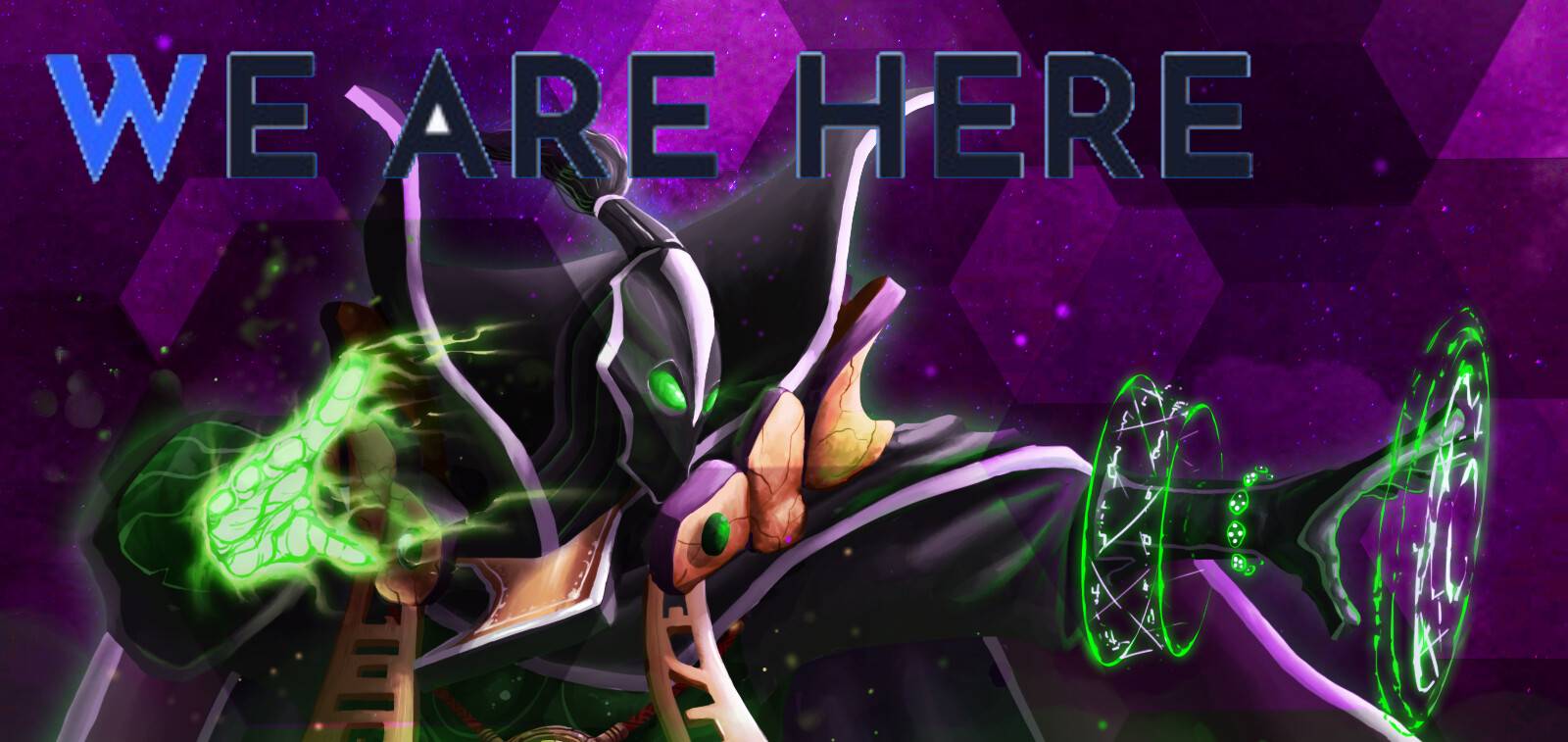
Introduction:
Life, in its vastness and complexity, has always prompted humans to seek understanding. From ancient thinkers to modern philosophers, the quest to decode existence has remained a persistent human endeavor. This exploration delves into the multifaceted philosophy of life, shedding light on our timeless journey towards comprehension.
Origins of Philosophy of Life Thought:
The cradle of philosophical thought lies in humanity’s innate curiosity:
- Ancient Civilizations: Whether it was Socrates questioning Athenian norms or Confucius imparting wisdom in China, early civilizations pondered life’s mysteries.
- Religious Texts: Scriptures, be it the Bhagavad Gita, Bible, or Quran, offer insights into the purpose of life and the nature of existence.
Key Concepts Philosophy of Life:
Different thinkers have proposed various perspectives on life:
- Existentialism: This belief asserts that individuals must create their own essence and purpose. Thinkers like Jean-Paul Sartre argued that life lacks inherent meaning, urging individuals to craft their own.
- Nihilism: Rooted in the idea that life is without objective meaning, purpose, or value, nihilists, like Friedrich Nietzsche, explored the implications of a godless universe.
- Determinism: This philosophy holds that all events are determined by pre-existing causes. Everything, including human actions, is predetermined by the universe’s unalterable laws.
The Search for Purpose:
- Inner Reflection: Philosophers like Marcus Aurelius believed in Stoicism principles, emphasizing inner reflection and acceptance of life’s flow.
- External Action: Contrasting the introspective approach, some believe purpose is found in action, impacting the world and leaving a legacy.
Modern Interpretations:
In today’s rapidly changing world, the philosophy of life has adapted:
- Absurdism: Popularized by thinkers like Albert Camus, this belief acknowledges life’s inherent absurdity and the human struggle to find meaning despite it.
- Subjectivism: In an age of individualism, many assert that meaning is subjective. Life’s purpose differs for each person, influenced by personal experiences and perceptions.
The Interplay of Philosophy of Life and Science:
As science advances, it intersects with philosophy:
- Cosmology: The study of the universe’s origins prompts questions about life’s beginning and its place in the vast cosmos.
- Neuroscience: Understanding the brain might eventually shed light on consciousness, furthering the debate on free will and self-awareness.
Conclusion:
The philosophy of life is an ever-evolving tapestry of thoughts, beliefs, and interpretations. While it offers no definitive answers, the journey of exploration provides invaluable insights. Embracing the myriad philosophies allows for a richer, more nuanced understanding of existence, guiding individuals as they navigate the complexities of life.





